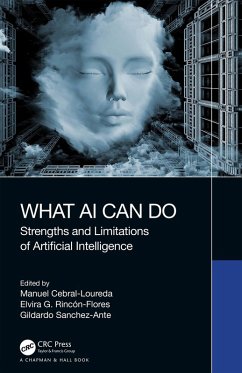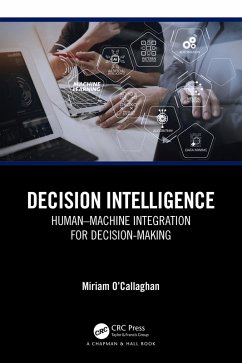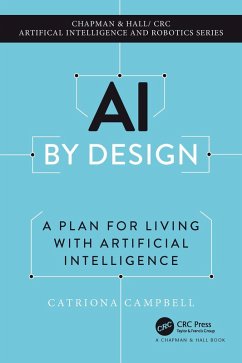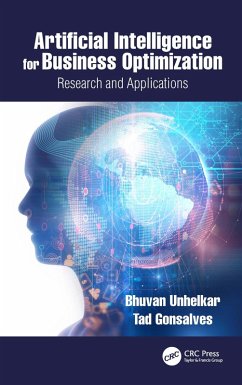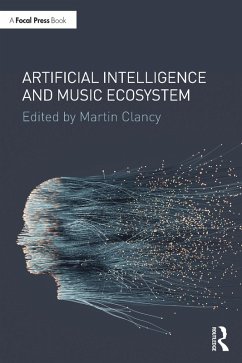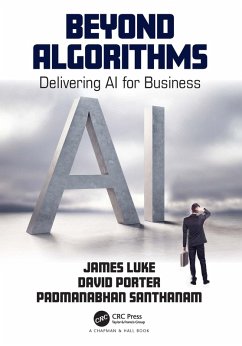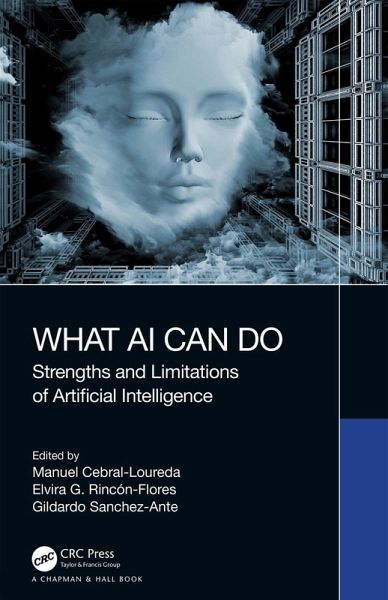
What AI Can Do (eBook, PDF)
Strengths and Limitations of Artificial Intelligence
Redaktion: Cebral-Loureda, Manuel; Sanchez-Ante, Gildardo; Rincón-Flores, Elvira G.
Versandkostenfrei!
Sofort per Download lieferbar
49,95 €
inkl. MwSt.
Weitere Ausgaben:

PAYBACK Punkte
25 °P sammeln!
The philosopher Spinoza once asserted that no one knows what a body can do, conceiving an intrinsic bodily power with unknown limits. Similarly, we can ask ourselves about Artificial Intelligence (AI): To what extent is the development of intelligence limited by its technical and material substrate? In other words, what can AI do? The answer is analogous to Spinoza's: Nobody knows the limit of AI.Critically considering this issue from philosophical, interdisciplinary, and engineering perspectives, respectively, this book assesses the scope and pertinence of AI technology and explores how it co...
The philosopher Spinoza once asserted that no one knows what a body can do, conceiving an intrinsic bodily power with unknown limits. Similarly, we can ask ourselves about Artificial Intelligence (AI): To what extent is the development of intelligence limited by its technical and material substrate? In other words, what can AI do? The answer is analogous to Spinoza's: Nobody knows the limit of AI.
Critically considering this issue from philosophical, interdisciplinary, and engineering perspectives, respectively, this book assesses the scope and pertinence of AI technology and explores how it could bring about both a better and more unpredictable future.
What AI Can Do highlights, at both the theoretical and practical levels, the cross-cutting relevance that AI is having on society, appealing to students of engineering, computer science, and philosophy, as well as all who hold a practical interest in the technology.
Critically considering this issue from philosophical, interdisciplinary, and engineering perspectives, respectively, this book assesses the scope and pertinence of AI technology and explores how it could bring about both a better and more unpredictable future.
What AI Can Do highlights, at both the theoretical and practical levels, the cross-cutting relevance that AI is having on society, appealing to students of engineering, computer science, and philosophy, as well as all who hold a practical interest in the technology.
Dieser Download kann aus rechtlichen Gründen nur mit Rechnungsadresse in A, B, BG, CY, CZ, D, DK, EW, E, FIN, F, GR, HR, H, IRL, I, LT, L, LR, M, NL, PL, P, R, S, SLO, SK ausgeliefert werden.




